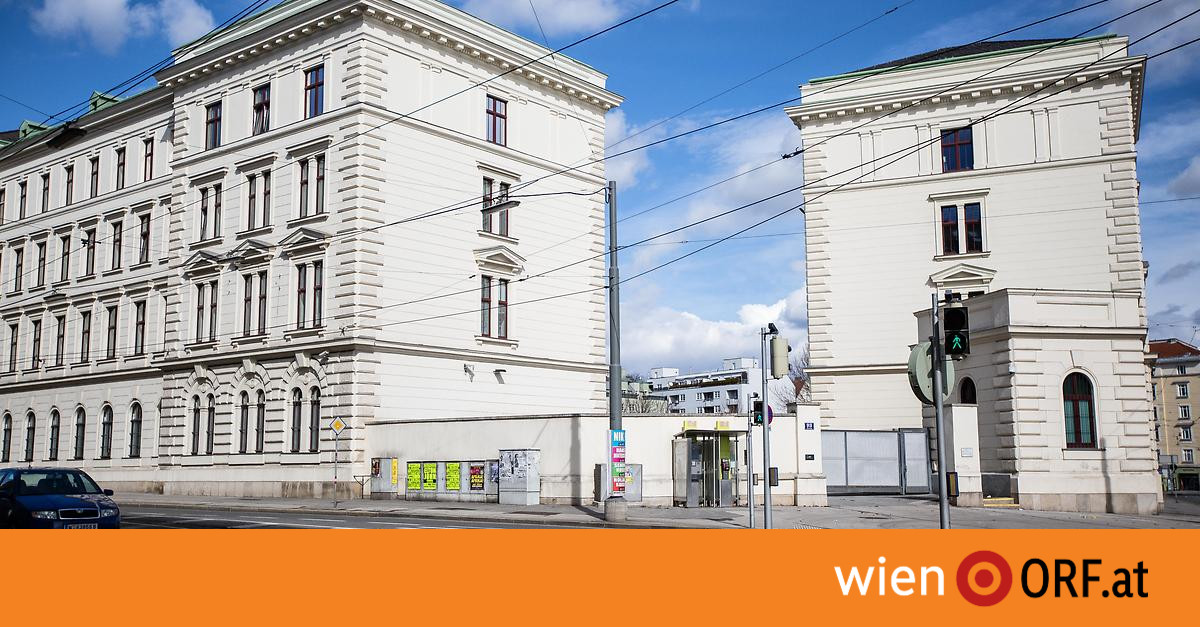(sda) Almost every second woman and more than a third of men have less and poorer quality food available for themselves and their families, according to Alliance 2015 in a study published on Wednesday. Eight European non-governmental organizations (NGOs) belong to the network, including the Swiss development organization Helvetas.
Around three quarters of those surveyed said they had less money because of the pandemic. Many can no longer pursue their livelihood as casual workers and day laborers in the informal sector. In addition, they receive fewer money transfers from relatives from home and abroad, as a good three quarters of those surveyed said.
Many go into debt. More than two thirds of the respondents had to borrow money or were only able to buy on credit as a result of the pandemic. Some people sold their cattle or their already small plots of land out of financial difficulties. The vast majority of respondents are more concerned about the future than they were before the pandemic.
Alliance 2015 asked 16,000 women and men in 25 countries on four continents how the coronavirus pandemic is affecting their everyday lives between October and December. People in cities, slums, rural areas and in refugee camps were interviewed.
Almost three quarters (72 percent) of the farmers surveyed earned less because of the pandemic. Not only did they struggle to sell their produce, but many also couldn’t afford seeds.
“If you don’t plant it at the right time, you can’t harvest later,” said Rupa Mukerji, co-author of the study and member of the executive board of Helvetas, the Keystone-SDA news agency. This leads to further loss of income and shortages in the food supply. Helvetas has distributed seeds to farming families as emergency aid in several countries and is also helping to obtain microloans.
The situation is also precarious for children. Two out of three schoolchildren could no longer go to school, at least for a time, because they were closed for months and there were no alternative learning options.
“It is frightening that more than a quarter of those surveyed fear that they will no longer be able to send their children to school once they are open again,” said Mukerji. Because the children not only missed a lot of school material, but also had to help with childcare, in the field or with other work due to the increased need in the household.
The vast majority of the women and men surveyed were familiar with protective measures against infection with the coronavirus, such as frequent hand washing (87 percent) and wearing a mask (81 percent).
However, they had limited opportunities to comply with the protective measures. Because there is often a lack of water, toilets, soap, disinfectants and masks. Cramped working and living conditions also prevent poor people from keeping their distance.
Alliance 2015 supports people, among other things, in producing soap, disinfectants and masks locally. That could also create local income opportunities. Helvetas, for example, trains graduates from vocational schools in the production of reusable fabric masks of good quality – also with the know-how of ETH.
–

